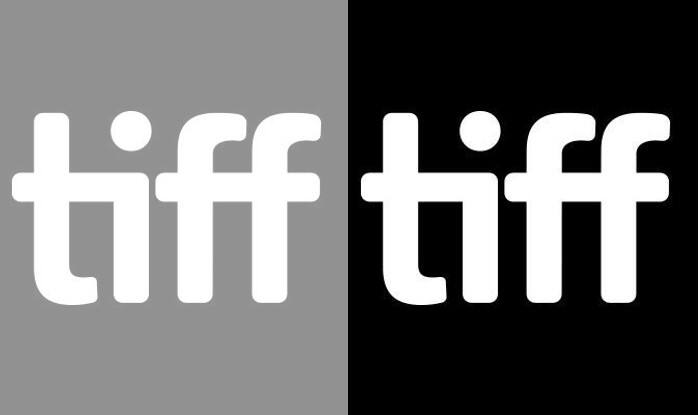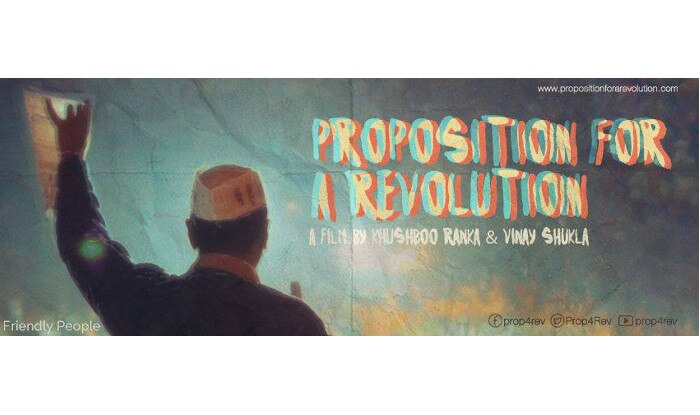
By clicking “Accept All Cookies”, you agree to the storing of cookies on your device to enhance site navigation, analyze site usage, and assist in our marketing efforts Cookies Policy.

By Swati Sharan
The Indian artistic community made great noise at the Toronto International Film Festival (TIFF), starting with “Lion,” starring Dev Patel and Nicole Kidman. The film was the first runner-up for the People’s Choice Award.
“Queen of Katwe” by Mira Nair won the second runner-up. With four years in a row of desi’s scoring official recognition at the festival, we have gone past the hat trick.
[Photo Credit: Facebook/QueenofKatwe]
What is further remarkable is the capacity in which each of these South Asian candidates has scored. Many of their films, in fact, were meeting full houses. For some, it is a Bollywood crossover while for others like Dev Patel who have been raised outside India, it is about getting more significant roles in prominent western films. Yet, for others like Mira Nair, it is about not being pigeon-holed into only dealing with desi themes and being able to showcase diversity for a banner like Disney.
The documentary “Mostly Sunny” based on Indo-Canadian Sunny Leone’s rise from a porn star to a Bollywood actress was also showcased at TIFF. According to director Dilip Mehta, as they traced Leone’s rise in Bollywood, she became harder to access and that made the documentary take longer to make.
[Photo Credit: Facebook/MostlySunny]
Torn-jeans clad director and Dilip’s sister Deepa Mehta was avoiding questions about her own documentary, “An Anatomy of Violence” to focus on her brother’s documentary, which Dilip announced will release on Netflix at a later date.
TIFF provided the public the opportunity to meet with Bollywood director Karan Johar for the “In Conversation With” series, in which his film-making journey was traced.
The festival had quite the breakthrough for films with social and political leanings. “Girl Unbound,” about an internationally acclaimed Pakistani squash player Maria Toorpekai Wazir, whose family defied death threats so that she as a woman could play squash competitively, was applauded. Cannes Film winner “Cinema Travelers,” about the tradition of projecting film reels in villages and towns also met with great applause and with some very unique set of questions by the audience.
“A Death in the Gunj” and “Land of the Gods” had a strong Bengali presence and they both covered rarely seen Hindi geographical terrain. Seldom in Indian cinema do we see such great attention paid to period recreation and off details as was the case with the suspenseful “A Death in the Gunj.”
[Photo Credit: Facebook/ADeathInTheGunj]
We also saw a mature actor like Victor Bannerjee create a substantial role for himself amidst the beauteous Himalayan landscape in a story set after the Kedarnath floods. It signifies great hope for the longevity of older Indian actors being able to play their age and go beyond character or villainous roles.
The first crowd-sourced feature film of India called “India in a Day” was featured at the festival. Directed by Richie Mehta, the film pieced together 16000 film submissions to depict what one day in India could like for 1.3 billion people.
On the final day, the house was packed for the documentary on the Aam Aadmi Party (AAP) called “An Insignificant Man.” The hall was decked in white Arvind Kejriwal t-shirts, cheering at their leader’s statements when they came on-screen. Many, in fact, were hopeful for AAP to win in the Punjab elections. Overall, people seemed happy to be watching the film for the beacon of hope the party symbolized to many.
Inspired by the Occupy movement, “An Insignificant Man” clinically examines an aspect of the anti-corruption movement forming into the Aam Aadmi Party and its rise to power in Delhi and then contesting elections nationally. Directors Khushboo Ranka and Vinay Shukla mentioned how the film was crowd-funded five times above what they targeted.
 [Photo Credit: Facebook/AnInsignificantMan]
[Photo Credit: Facebook/AnInsignificantMan]
As to how non-partisan such a film was, they said they can’t guarantee it could be 100% so because of the nature of crowd-funding. But it’s not predominated by supporters. The filmmakers noted there was a global tendency to denounce the left. That’s why people were quick to be critical of his unconventional approaches. “There’s also a movement towards privatization and the media is supported largely by the established parties.”
When asked about their perspective on whether Kejriwal piggy-backed on Anna Hazare to get into political power through the Aam Aadmi Party, the duo responded in a non-clear-cut way—”When you’re protesting, you can say what you want. But when you try to get into politics, you’ve got to be much more careful,” Ranka said. To that end, while Shukla acknowledges Kejriwal to have a polarizing personality, he adds, “In politics, you need to form structure and in the film, we’ve focused on how he’s had to build the party from the grassroots.”
For breaking news and live news updates, like us on Facebook or follow us on Twitter and Instagram. Read more on Latest India News on India.com.